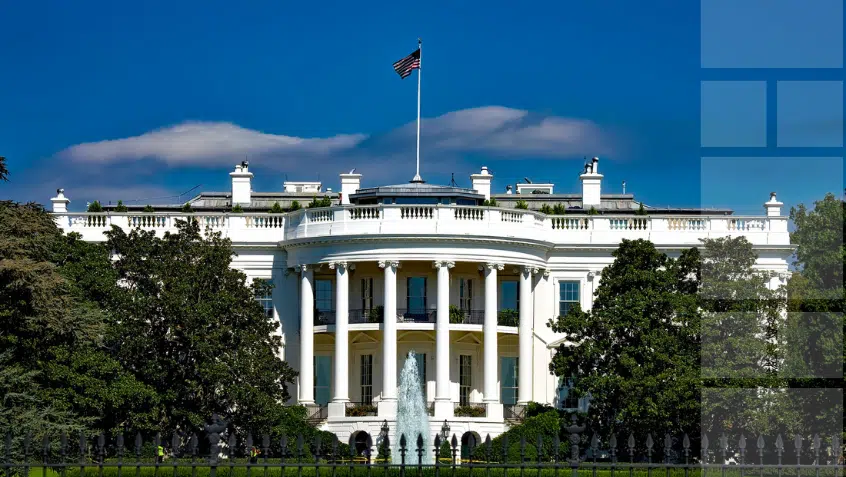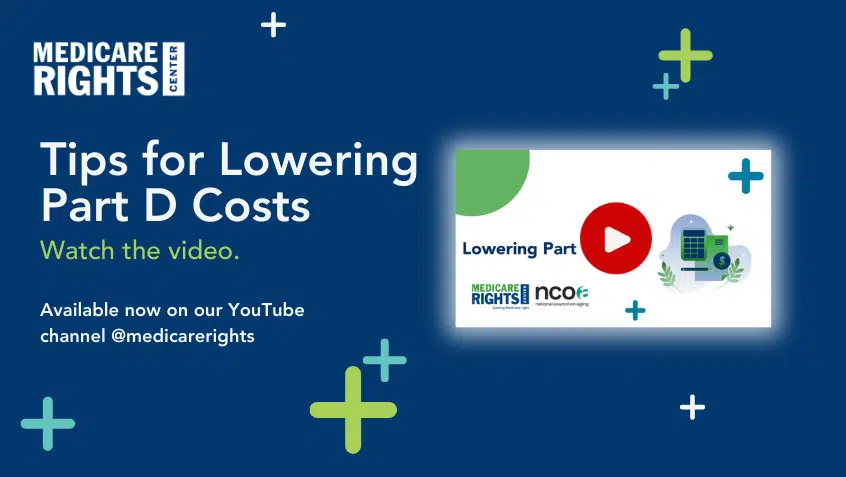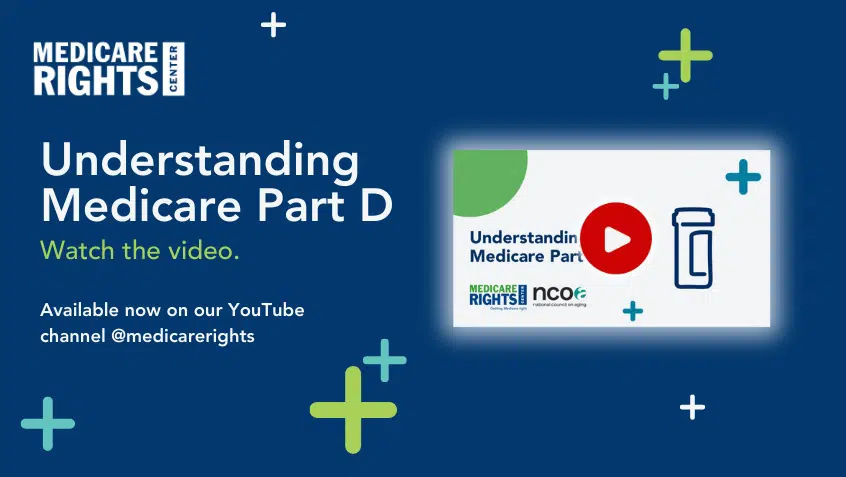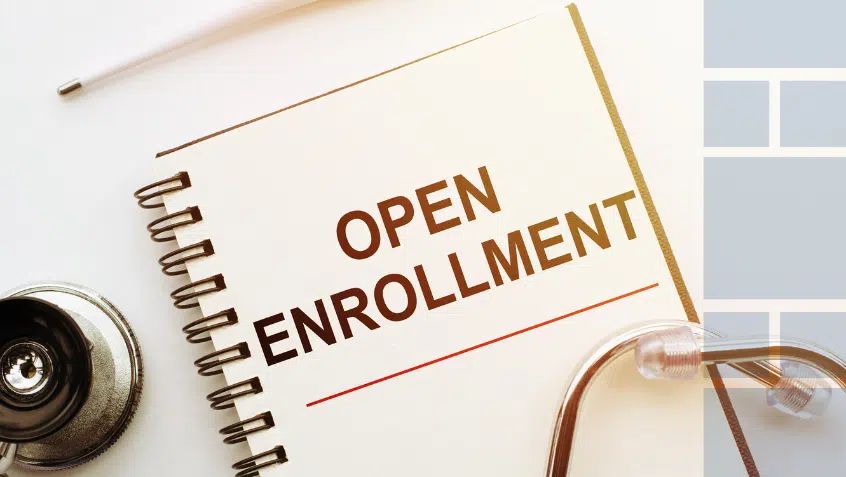Join Us Live for a Discussion on Medicare, Democracy, and the Future of Health Care
Medicare Rights Center One of Five Federal Grantees: Proven Medicare Minute Program to Combat Fraud, Help Cash-Strapped CBOs
Medicare Rights Center One of Five Federal Grantees
— Proven Medicare Minute Program to Combat Fraud, Help Cash-Strapped CBOs —
New York, NY—The Medicare Rights Center is one of just five organizations across the country to receive a major national grant from the federal Administration for Community Living’s Senior Medicare Patrol (SMP) program. Through the 18-month grant, Medicare Rights will expand its Medicare Minute program, recently evaluated by a Columbia University-based team, to help people with Medicare across the country understand their rights and combat Medicare fraud.
“We look forward to working with ACL and the national Senior Medicare Patrol network to expand the Medicare Minute program to fight fraud, specifically focusing on empowering people under 65 who have Medicare owing to a disability,” said Rachel Bennett, Vice President of Program and Product Development at the Medicare Rights Center. “As new health insurance marketplaces are launched and other aspects of health reform take effect, it is critical that people with Medicare and their families know their rights and can identify fraud, error, and abuse.”
Today, Medicare Rights also releases a formal evaluation of the Medicare Minute program conducted by a Columbia University-trained evaluation team. Medicare Minutes currently reach more than 50,000 people with Medicare each year in several states, and key components that make the program successful, as articulated in the evaluation, include:
- Led by passionate volunteers
- Affordable for local organizations
- Medicare topics simply and clearly presented
- Audiences encouraged to participate and referred to local resources as needed
- Presentations led monthly to build rapport among volunteers and audiences
“The SOS program assists us in our goal to reach as many people as possible with essential information about their Medicare, and the analysis provided by the SOS evaluation confirms that our volunteers are using a proven and trusted education model to reach older adults in their communities,” said Robyn James at the Alabama Department of Social Services.
Ms. Bennett continued, “Drawing on the evaluation’s conclusions, we seek to make improvements and maintain the program as a proven way to improve the capacity of State Health Insurance Information and Assistance Providers, Area Agencies on Aging, Senior Medicare Patrols, labor organizations and others to reach older adults and people with disabilities in their communities.”
Read the full evaluation, Implementing Peer-to-Peer Medicare Education for Older Adults.
–end–
About Medicare Rights
Learn More
Media Inquiries
[email protected]





